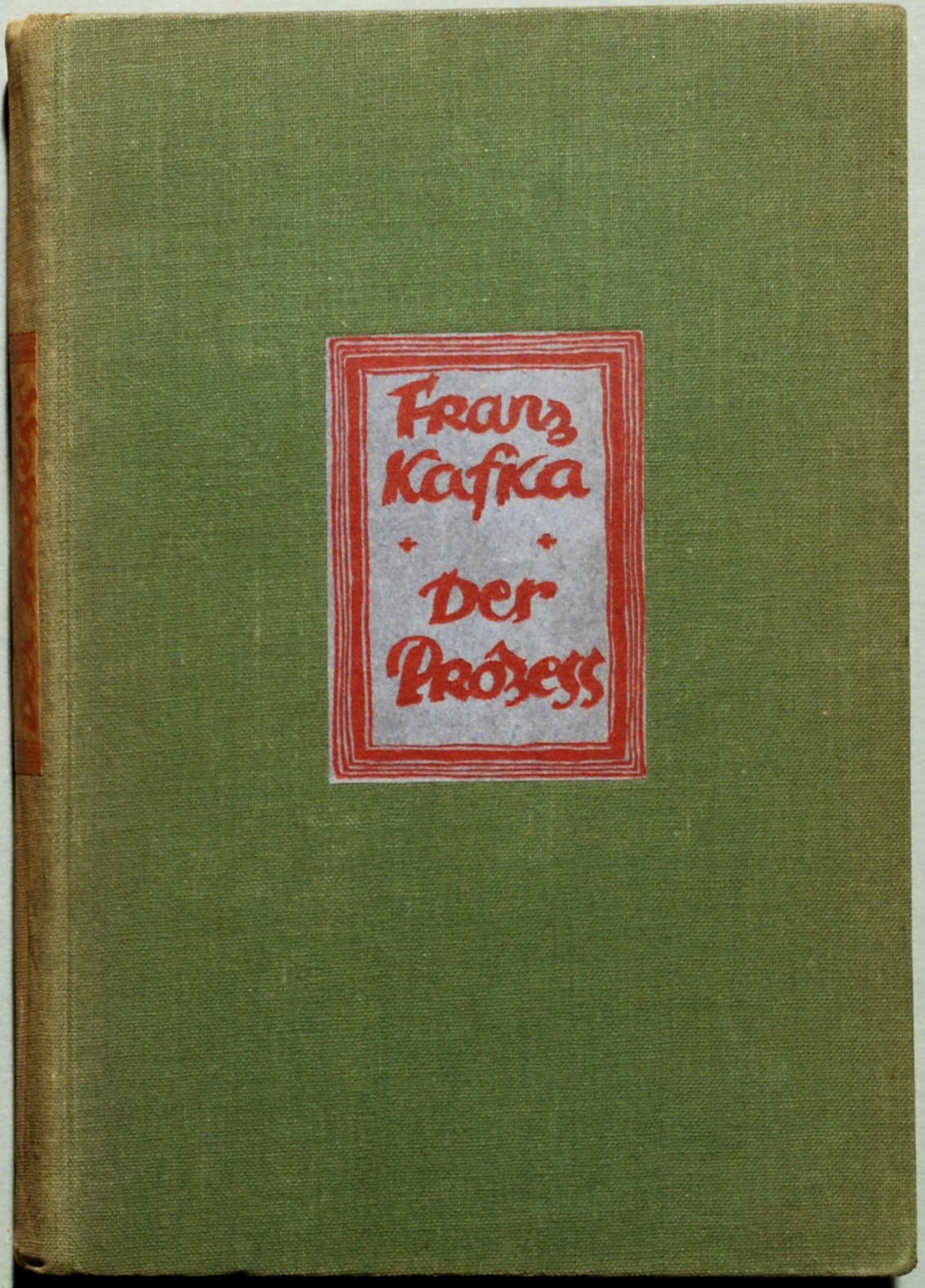Since the last presidential election, we’ve witnessed immense hair-pulling and gnashing of teeth. Woe to us; the world is aflame! What are we to do? The nation and the world as we know it may no longer exist. Our rights are being eroded, and a few malevolent and mad billionaires are overtaking America.
I must admit to some discomfort and anxiety at the anticipated changes resulting from a literal blizzard of Executive Orders and chaotic press conferences. However, I found solace in my understanding of history and learned insight into the inherent limitations of humanity's attempts to reshape the world in its image. Fundamental changes, profound changes, happen gradually, as in an evolutionary—not revolutionary—fashion. Men who doubt this rule are fools, and time soon overrules their best efforts.
One can never predict what will happen next. Nothing lasts forever; everything is likely just temporary, as circumstances are always subject to change, and history proves this. We’ve observed that what’s significant today may become insignificant tomorrow.
No historical facts illustrate this stubborn point better than a profound analysis of the lives of Franz Kafka and Thomas Mann.
On November 28, 1924, Mann published his groundbreaking novel, The Magic Mountain. Six months earlier, in an event that garnered little public attention, another German writer, Franz Kafka, age forty, succumbed to laryngeal tuberculosis at Hugo Hoffmann’s sanatorium in Kierling, just outside of Vienna. Along with Death in Venice, The Magic Mountain propelled Mann to literary heights rarely achieved by any other writer. Five years later, he would be honored with the Nobel Prize in Literature.
At his death, Kafka had earned fame for a few short stories, but his three novels remained unpublished. If that had been the end of the story, Mann would have been the most esteemed of the two, and Kafka would have fallen into the dustbin of history. But as we said at the beginning of this short essay, nothing is etched in granite; everything is subject to change in life because change is the one constant in our universe. Don’t count yourself out; don’t count anyone else out.
Over the past century, the fortunes of these two giants of literature have drastically reversed. In 2024, Kafka's death wholly overshadowed and dwarfed the hundredth anniversary of Magic Mountain. Moreover, twice as much has been written about Kafka as about Mann.
Over the past century, the reputations of these two distinct masters of the German language have evolved within both popular culture and academia. At the start of the twenty-first century, David Damrosch compared their trajectories in a notable footnote to his influential study, *What Is World Literature? *—"The MLA Bibliography indicates that during the sixties, Mann was cited more frequently in English (142 items) than Kafka (111 items). They were nearly equal in the seventies (476 entries for Mann, 478 for Kafka), and then Kafka gained a decisive lead in the eighties, rising to 530 while Mann saw a dramatic drop to 289. Kafka declined slightly in the nineties, landing at 411 items, but still maintained a notable margin over Mann, who had 277." This trend continues today; as of 2024, Kafka's legacy has surpassed the centenary of *The Magic Mountain*.
So, brothers and sisters, take heed; do not despair. Please take a deep breath and remember this: none of us is as strong as we think. Similarly, none of us is entirely powerless. The trash heaps of history are filled with the broken lives of men (and sometimes women) who considered themselves all-powerful and infallible. They became mere historical footnotes, subjected to almost universal derision and ridicule.
When you find yourself falling for the lie, or, as Malcolm X called it, “the okay doke,” remember this, everyone knows what Kafkeque means. There’s no short-hand name for Thomas Man’s writings. So, in the end, Kafka prevailed over Mann. Listen closely and you will find a lesson in the fates of these two literary titans.
CODA
Kafka’s most famous work, “The Trial” illustrates the chilling meaning of Kafkaesque as a descriptive concept. Kafkaesque creates an unreal disorienting absurd world where the individual feels trapped, left with no other option but to face the overwhelming sense of hopelessness and powerlessness. The Trial tells the story of Josef K., a man arrested and prosecuted by a remote, inaccessible authority, with the nature of his crime revealed neither to him nor to the reader.
The message implicit in this horrible tale is that to survive, one must never give in to the impulse to give up and give in. If you do, “they” have won without a shot being fired.






